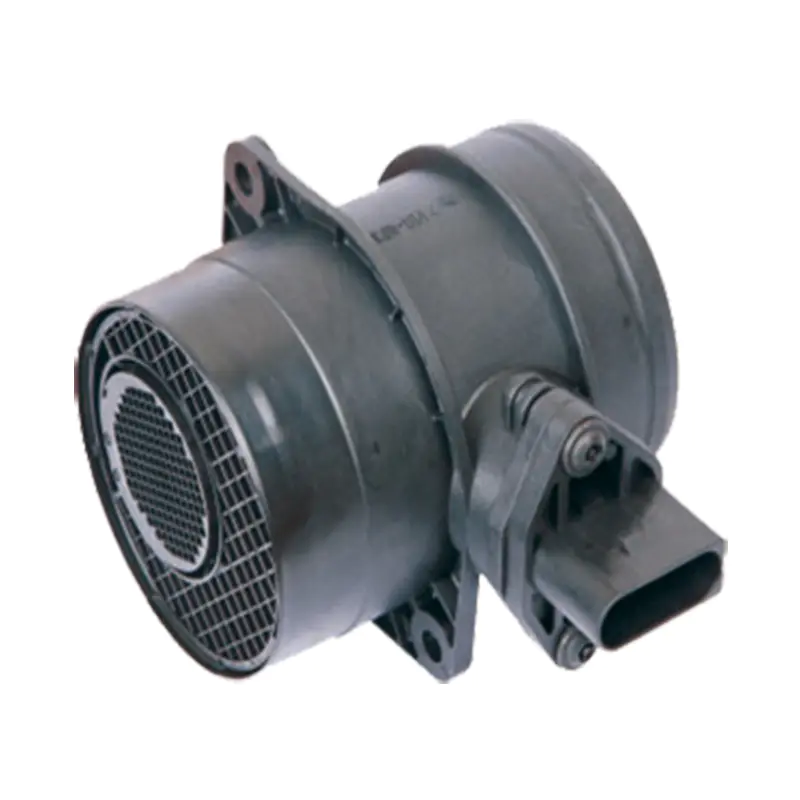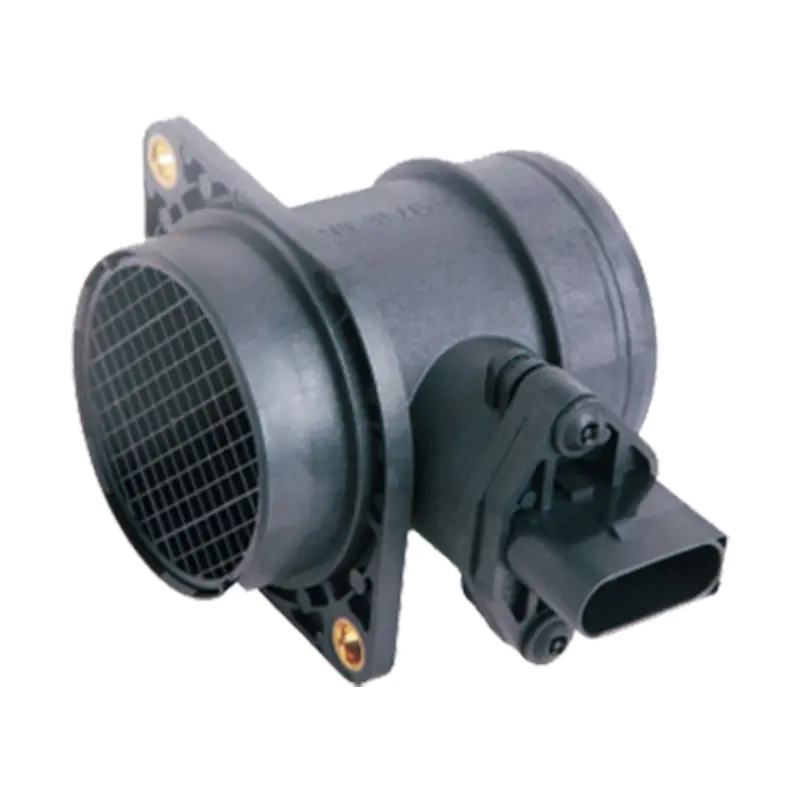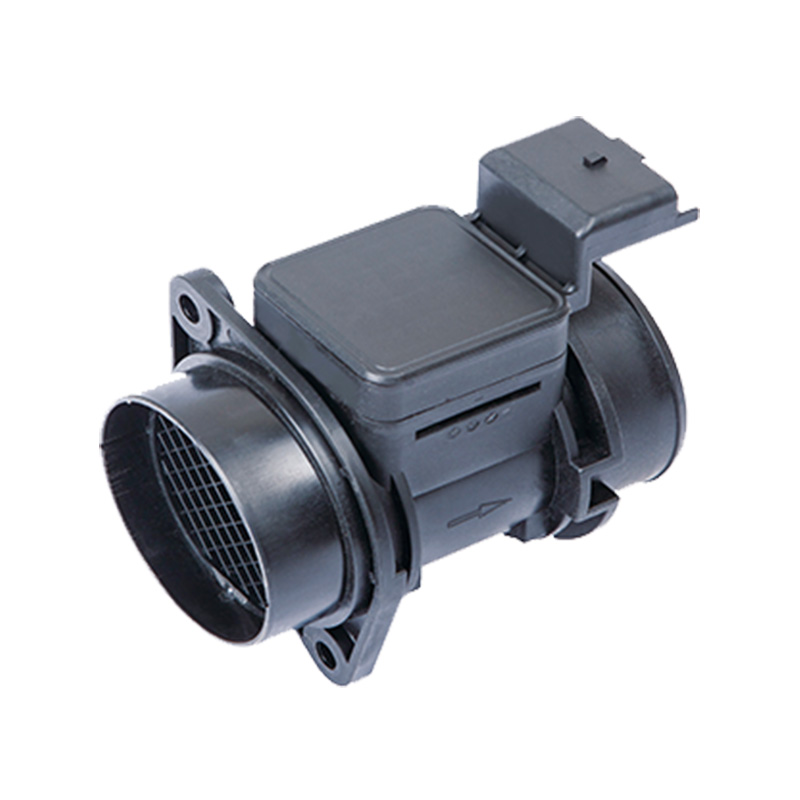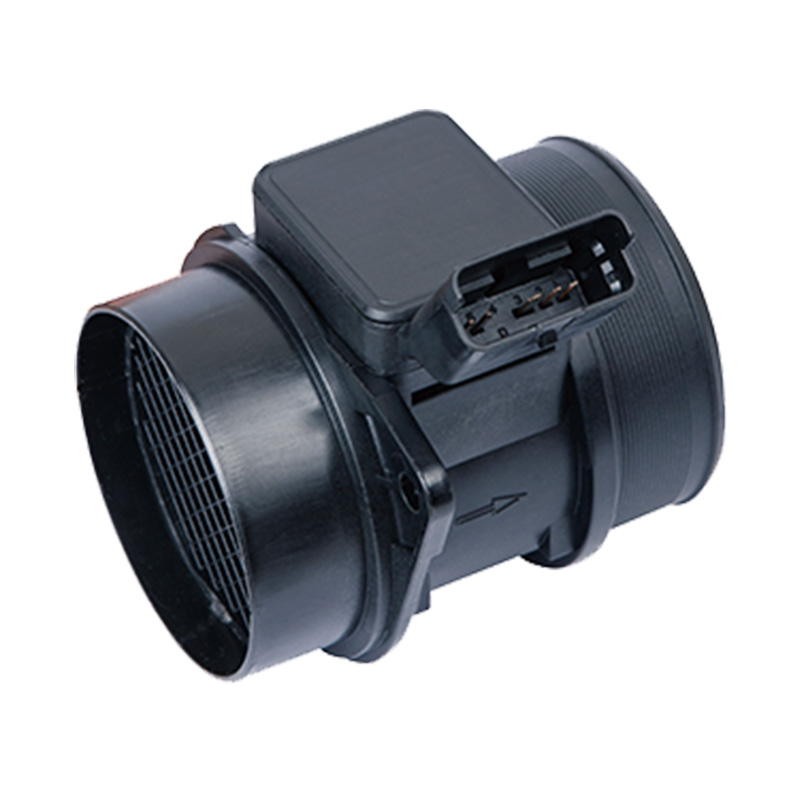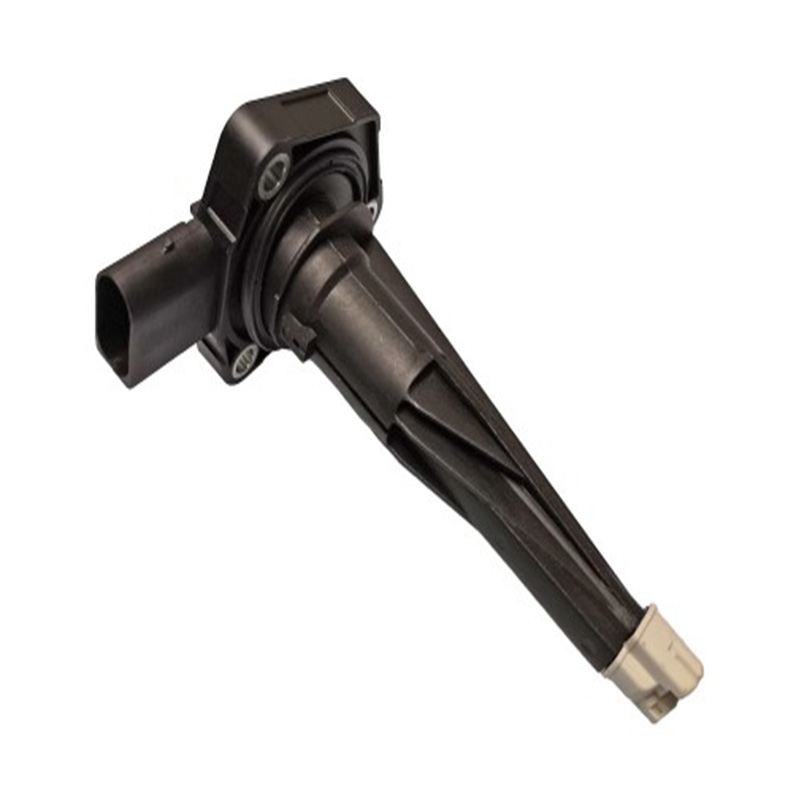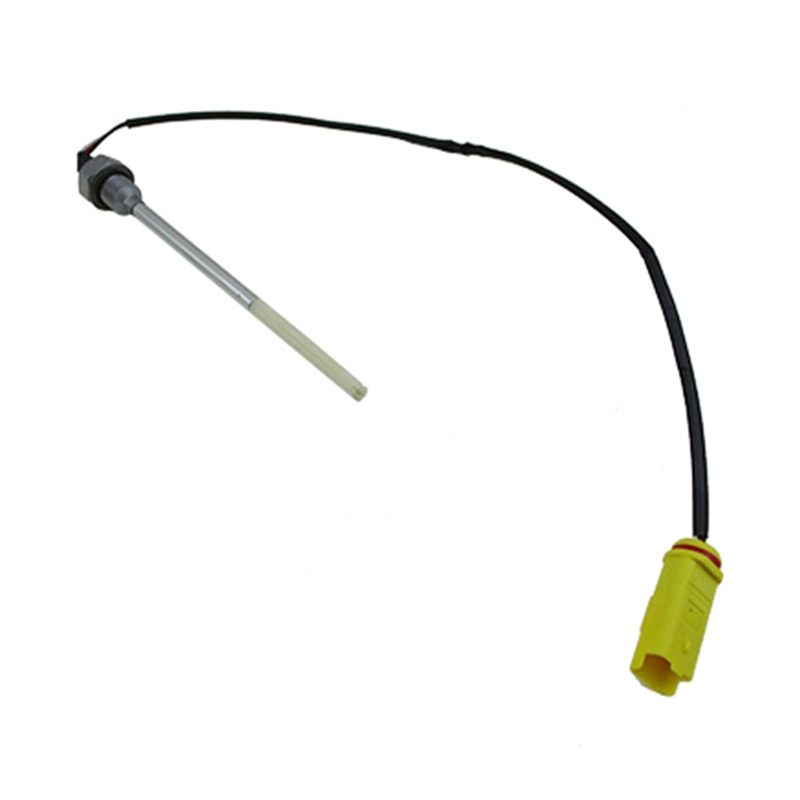OEM.NO:0281 002 461 0281 002 462 0986 284 007
See DetailsWhy the Mass Air Flow Meter Is Essential for Engine Performance?
Modern vehicle engines rely on a combination of sensors and control systems to operate efficiently. Among these components, the Mass Air Flow Meter holds a particularly important position. This device measures the amount of air entering the engine and provides essential data to the engine control unit (ECU). The information from the Mass Air Flow Meter helps maintain the correct air-fuel ratio, directly influencing how the engine performs in various driving conditions.
The primary function of the Mass Air Flow Meter is to detect the volume and density of incoming air. This measurement is critical because the engine needs a balanced mix of air and fuel for smooth combustion. If the air-fuel ratio is incorrect, the engine can experience reduced power, uneven idling, or increased fuel consumption. The Air Flow Meter ensures that the engine consistently receives accurate information, allowing the ECU to adjust fuel delivery based on real-time conditions.
One of the main ways the Mass Air Flow Meter supports engine performance is by contributing to reliable fuel injection management. Modern engines rely on electronic fuel injection systems that respond to information from various sensors. The Air Flow Meter provides data that allows these systems to deliver the right amount of fuel for each situation. Whether a driver is accelerating on a highway or idling at a traffic light, the sensor helps keep fuel delivery appropriate, ensuring stable and efficient engine operation.
A properly functioning Mass Air Flow Meter also improves throttle response. When the ECU receives precise airflow measurements, it can quickly adjust fuel injection to match changes in throttle position. This means that when a driver presses the accelerator, the engine responds smoothly and consistently. Any delay or hesitation in acceleration can often be traced back to issues with the Air Flow Meter, highlighting its importance in maintaining predictable engine behavior.
Another significant role of the Mass Air Flow Meter is its effect on fuel efficiency. By regulating the amount of fuel based on accurate airflow readings, the engine avoids wasting fuel during operation. If the Air Flow Meter becomes dirty or damaged, it can cause the engine to run rich or lean, both of which reduce fuel economy. Regular maintenance and timely replacement of a faulty Air Flow Meter help keep fuel consumption within reasonable limits and prevent unnecessary fuel expenses.
The Mass Air Flow Meter also plays a part in emission control. Since combustion quality depends on a balanced air-fuel mixture, accurate airflow measurement helps reduce the release of harmful gases. A vehicle with a faulty Air Flow Meter may produce higher levels of pollutants like hydrocarbons, carbon monoxide, and nitrogen oxides. Keeping this component clean and functional supports both engine performance and environmental responsibility.
In cold weather or during engine start-up, the Mass Air Flow Meter becomes even more important. Engines typically require adjustments in fuel delivery during these times, as air density and fuel vaporization rates change with temperature. The sensor ensures that the ECU receives updated information on airflow, allowing the engine to adapt its fuel mixture for smooth starting and stable idling, even in cooler conditions.
Beyond everyday driving, the Mass Air Flow Meter affects the durability of other engine components. An imbalanced air-fuel mixture caused by inaccurate airflow data can result in incomplete combustion, which produces carbon deposits and excess wear on spark plugs, valves, and pistons. Regularly checking and maintaining the Air Flow Meter helps protect these parts, extends engine life, and reduces the risk of costly repairs.
Diagnostic systems in modern vehicles rely on data from the Mass Air Flow Meter to detect and report issues. If the sensor provides abnormal readings, the system can trigger a warning light, alerting the driver to a potential problem. Addressing these warnings promptly ensures that engine performance is restored before minor issues become serious. It also highlights the value of the Air Flow Meter as a real-time monitor for the engine’s operating condition.
In performance-focused or heavy-duty vehicles, the role of the Mass Air Flow Meter remains just as significant. Whether hauling loads, towing, or traveling at higher speeds, engines demand precise control over air and fuel. The Air Flow Meter ensures that the engine can adapt to changing workloads while maintaining consistent operation. Its role in managing fuel and air balance makes it a valuable component across a wide range of vehicle types and driving environments.
